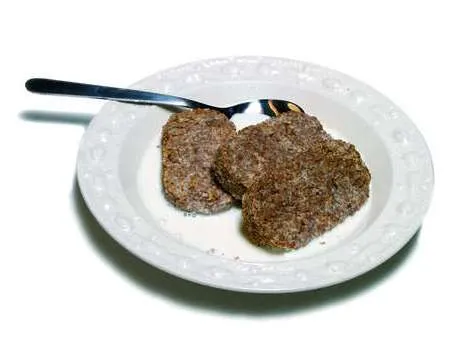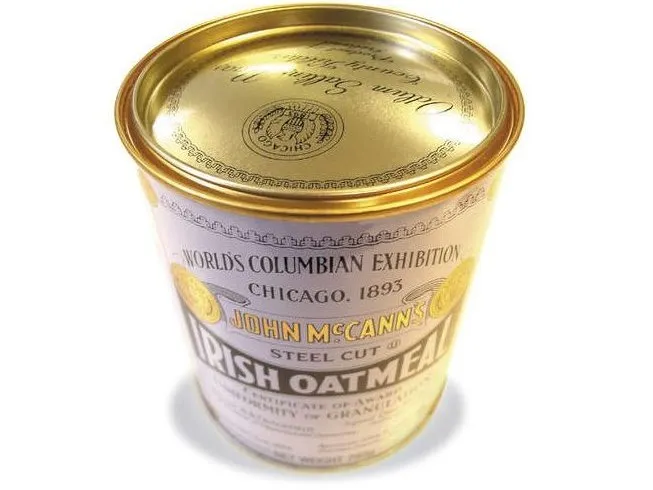Time is precious and if you live life at a fast pace, you probably like to grab a quick snack in-between rides or before cycling to work. However, if your idea of refuelling is to eat a bowl of breakfast cereal, you may be getting a lot less nutrition than you might think.
Stroll down a supermarket aisle and there is plenty to choose from. A recent survey carried out by Which studied the nutritional content of 275 different breakfast cereals. Most are targeted at children, to entice them to eat something first thing in the morning, but the clever marketing and phrases such as 'full of goodness', 'with added vitamins' and 'gives you energy' will also appeal to cyclists.
Despite their healthy image, most cereals are highly processed and contain a large proportion of sugar and salt. The Government want cereal and other food manufacturers to use the traffic light system on the label to indicate levels of nutrients and help individuals make a healthy choice. The system relies on colour-coded red, amber and green logos on the front of packs to show if a product is high, medium or low in fat, sugar and salt.
Not surprisingly, the system has been rejected since most labels would carry the red warning. The survey found that 76 per cent of the cereals scored red for a high-sugar content - as much as four teaspoons per recommended serving, which is as much sugar as a chocolate bar. A fifth had high levels of salt. The worst offenders were Kellogg's All Bran and Nestlé Golden Grahams. Despite their healthy image, these cereals contain 2.5g salt per 100g, which is much higher than the 1.6g per 100g of ready salted crisps each day
Avoid the sugar coated, over processed cereals. The traditional wheatbased ones, Shredded Wheat and Weetabix, are better choices. The former is simply 100 per cent wheat (available as organic in Bitesize version), and Weetabix Organic is 95 per cent wheat with a little malted barley extract, sugar and salt.
Avoid the granola type cereals with crunchy nut clusters that are stuck together with vegetable oil and glucosefructose syrup. These are both poor quality ingredients. Honey is a pure but expensive ingredient. Although it is shown dripping over the cereal in the picture on the packet, if you study the list of ingredients, honey amounts to a mere four per cent.
The term 'vegetable oil' implies the damaging trans fats. These are to be avoided if you care about putting good oil into your body as well as on your bike chain. Marks and Spencer recently announced that it has taken out hydrogenated fats from its entire range, and other supermarket own-brands are following close behind with this policy. Alternatively, look for organic versions, since the organic standards do not allow the use of hydrogenated fat.
Good quality muesli contains sugars in the form of dried fruits, and fat in the form of nuts. Both of these nutrients are in their natural form and in quantities that make an ideal recovery snack after a hard training session, or convenient at your desk after riding to work. The combination of cereals, dried fruits and nuts is a fabulous mix.
The addition of milk will boost the protein content of the snack and provide an almost ideal high quality carbohydrate/protein balance. Half a pint of milk will provide 10g of protein, effectively doubling the protein content of the mixture. You have a choice of whole, semi-skimmed or skimmed milk which contains 4%, 2% and 0.3% fat and 400, 300 and 200 calories per pint respectively.
Apart from the fat and calorie content, these milks contain similar amounts of calcium and protein, although semiskimmed and full-fat milk contain more of the fat soluble vitamins A and D (which is useful since cereals tend to be lacking in these vitamins). Soya milk is similar to semi-skimmed milk.
If you are sensitive or mildly allergic to wheat, or even if you're not, porridge is the perfect alternative. Don't be tempted to grab the highly processed sachets which just need a few seconds to 'cook' in a microwave. Seek out the real thing - organic oatmeal, porridge or rolled oats - and cook for about 10 minutes. Add raisins or banana to sweeten for the original wholesome cereal at any time of day.

